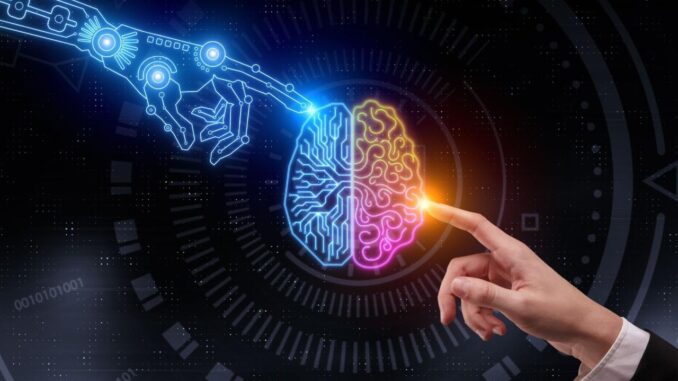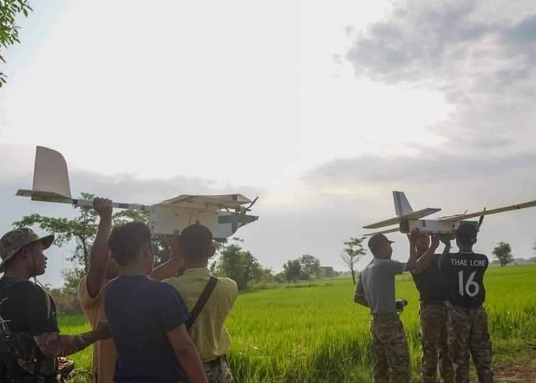
Enhancing sustainability with artificial intelligence (AI) involves leveraging advanced technological capabilities to address environmental challenges, optimize resource usage,
and promote sustainable practices across various industries. Here are several key areas where AI can contribute to sustainability:









### 1. **Energy Management**
– **Smart Grids**: AI can optimize energy distribution and consumption through predictive analytics, enabling better integration of renewable energy sources like solar and wind. Smart grids can use AI to forecast demand and adjust supply in real-time.
– **Energy Efficiency**: AI algorithms can monitor and control energy use in buildings and industrial processes, identifying inefficiencies and suggesting improvements. For example, AI can optimize heating, ventilation, and air conditioning (HVAC) systems for energy savings.
### 2. **Waste Reduction**
– **Predictive Maintenance**: AI models can analyze data from machinery and equipment to predict failures or maintenance needs, reducing waste from inefficient operations and minimizing downtime.
– **Smart Recycling**: AI-powered sorting systems can enhance recycling efficiency by accurately identifying and categorizing recyclables. Machine learning algorithms can improve sorting technologies, reducing contamination and increasing recycling rates.
### 3. **Sustainable Agriculture**
– **Precision Agriculture**: AI can analyze data from sensors, drones, and satellite imagery to optimize water usage, fertilizer application, and pest control. This leads to improved crop yields while minimizing resource inputs.
– **Crop Monitoring**: AI technologies can monitor plant health using image recognition and predictive analytics, enabling early detection of diseases and better management of agricultural resources.
### 4. **Water Management**
– **Smart Irrigation**: AI systems can optimize irrigation schedules based on real-time data about weather conditions and soil moisture levels, ensuring efficient water use and reducing waste.
– **Water Quality Monitoring**: AI can analyze data from sensors to detect pollutants in water supply systems, enabling prompt action to address contamination issues.
### 5. **Supply Chain Optimization**
– **Inventory Management**: AI algorithms can predict demand and automate inventory control, reducing excess stock and minimizing waste. This can lead to a more sustainable supply chain by decreasing the resources needed for production and transport.
– **Transportation Optimization**: AI can optimize routing for deliveries based on real-time traffic data, reducing fuel consumption and emissions.
### 6. **Climate Change Mitigation**
– **Carbon Emissions Tracking**: AI can analyze and monitor carbon footprints across different sectors, assisting organizations in identifying high-emission areas and adopting strategies to reduce their carbon emissions.
– **Climate Modeling**: AI can improve the accuracy of climate models, helping scientists predict climate impacts more effectively. This can drive informed policy decisions and strategies to mitigate climate risk.
### 7. **Biodiversity Conservation**
– **Wildlife Monitoring**: AI can process vast amounts of data from camera traps, drones, and acoustic sensors to monitor wildlife populations, track endangered species, and detect poaching activities.
– **Habitat Restoration**: AI tools can assist in analyzing ecosystem health and predicting the outcomes of various restoration strategies, leading to more effective conservation efforts.
### 8. **Urban Planning and Smart Cities**
– **Traffic Management**: AI can optimize traffic flow in cities, reducing congestion and emissions by analyzing traffic patterns and adjusting traffic signals accordingly.
– **Resource Management**: AI systems can facilitate more sustainable urban development by analyzing data concerning energy, water use, and waste generation, helping cities to make data-driven decisions.
### Conclusion
The integration of artificial intelligence into sustainability efforts can lead to significant environmental benefits by optimizing resource usage, reducing waste, and improving operational efficiencies. As technology continues to advance, the potential for AI to drive sustainable practices will expand, creating new opportunities for businesses and communities to contribute to environmental conservation and climate resilience. Collaboration among governments, industries, and research institutions will be critical in leveraging AI effectively for sustainability goals.

Leave a Reply